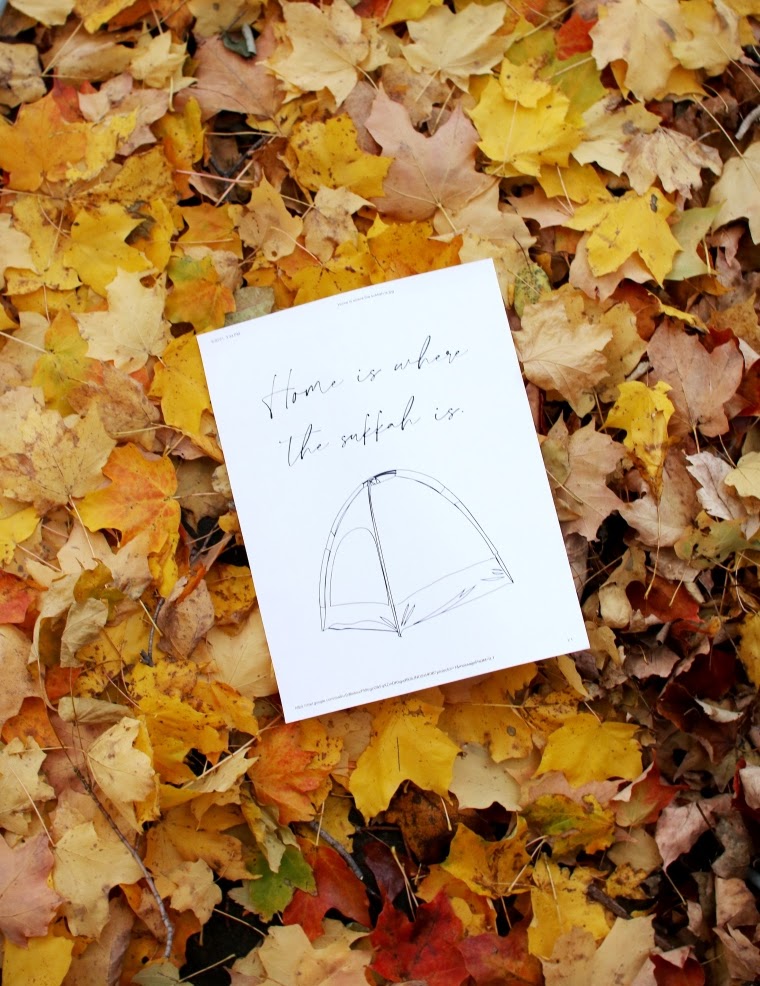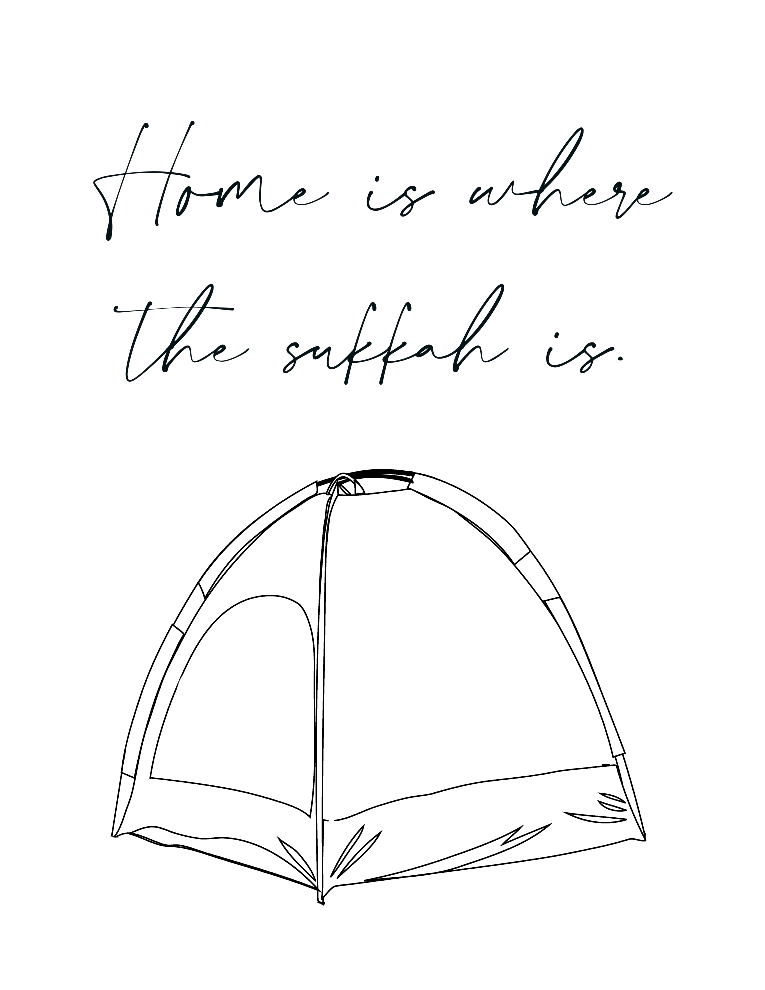This post is an overview of the Biblical holidays from Scripture, explaining what the holidays are according to passages like Leviticus 23, and Deuteronomy 16. These are not traditional Christian holidays like Easter and Christmas, but rather set apart times created by the Living God. We will go over the basics of each holiday from Passover to Shavuot to the Feast of Tabernacles, what happened on them historically and what they symbolize.
In addition to the weekly Sabbath, there are seven different holidays that we are instructed by Scripture to set apart. These times are special, and not only because we are told to celebrate them. Each holiday has significance historically, prophetically, and in the life of the Messiah. Paul wrote in Colossians that these times are a shadow of things to come. That means we have a lot to learn from these holidays.
The Biblical holidays are:
Passover
Feast of Unleavened Bread
First Fruits
The Feast of Weeks / Shavuot / Pentecost
Feast of Trumpets / Yom Teruah
Day of Covering / Day of Atonement / Yom Kippur
Feast of Tabernacles / Sukkot
While specific dates are given in Scripture, the Biblical calendar doesn't mesh perfectly with the Gregorian so the dates move a bit each year. Land of Honey posts the dates for the upcoming holidays at the beginning of each year.
Please note that Bible holidays are for Bible believers.
Many people are under the mistaken belief that the holidays that YHWH instructed us to keep were somehow only for the Jewish people, but that idea is not supported by Scripture. Deuteronomy 16:14 expressly tells us that foreigners who join the community of YHWH's people should celebrate these days too, so no matter your background, ethnicity, or family traditions the Creator invites you to these times.
When we learn about each Biblical holiday, we learn more about Scripture. It's truly stunning how much meaning is jam-packed into each of these times. And studying these holidays means we remember what YHWH did on these days. The holidays are, as N.T. Wright says, 'kingdom moments' and God has always performed amazing miracles on these days throughout history. Celebrating these holidays is celebrating what God has done.
A brief overview of the set apart times:
Passover: In the Biblical year Passover is the very first feast. We see the Israelites keep Passover just before the Egyptian exodus. They were instructed to brush the doors of their homes with blood from a lamb, we are reminded that the Messiah was the perfect sacrificial lamb. That's not just an allegory either, Yahusha was killed on Passover.
The Feast of Unleavened Bread: This is a week long celebration that starts the day after Passover. Leavened/yeast bread and other products are forbidden this week. As yeast is a very small ingredient that rabidly transforms all the dough, we are reminded that the small things in our life make a huge impact. And this lack of leaven reminds us to purge the sin from our lives, which is made possible through the Messiah's sacrifice.
First Fruits: This day happens the day after the Sabbath during the week of Unleavened Bread. This is when the first of the barley harvest was to be presented before YHWH. First Fruits is the day the Messiah resurrected from the dead and presented himself to the Father. It is also when we are to start counting fifty days.
Feast of Weeks: Fifty days after First Fruits we are to celebrate Shavuot. This is a day of great significance as the instructions on how to live were given at Mount Sinai and then shortly after the Messiah's ascension into heaven, the Holy Spirit was given on the day of Shavuot. The Feast of Weeks is a celebration of having God's word and the presence of the Holy Spirit in our lives.
Feast of Trumpets: The first of the fall feasts, Yom Teruah means something like Day of Sounding. All those verses that talk about a trumpet sounding when the Messiah returns? It will happen on that day. Perhaps the most joyous time in history will be on Yom Teruah at the return of the Messiah!
Yom Kippur: Under the Levitical priesthood this was a very significant day because it's the day that the priests made atonement for all of Israel's sin with the two goats. Today we can celebrate that the Messiah has atoned for our sins. Prophetically, it is thought that this will be the day that the earth is judged and the people who have been atoned for by Messiah will be separated from those who have not.
Feast of Tabernacles: This is a beautiful look ahead to when YHWH will dwell or camp with us. With that in mind, it's no surprise that it is believed the Messiah was born during this time. This eight day celebration usually looks like a camping trip, with the commandment being to dwell in tents. Others build a temporary structure on their property and spend time there throughout Sukkot. We reflect on this world being a temporary place for us, while we look forward to the day when the Messiah returns to dwell with his people!
If you'd like beginner's guides to the individual holidays, Land of Honey offers these!
.JPG)
.JPG)
.JPG)
.JPG)
.JPG)
.JPG)




































